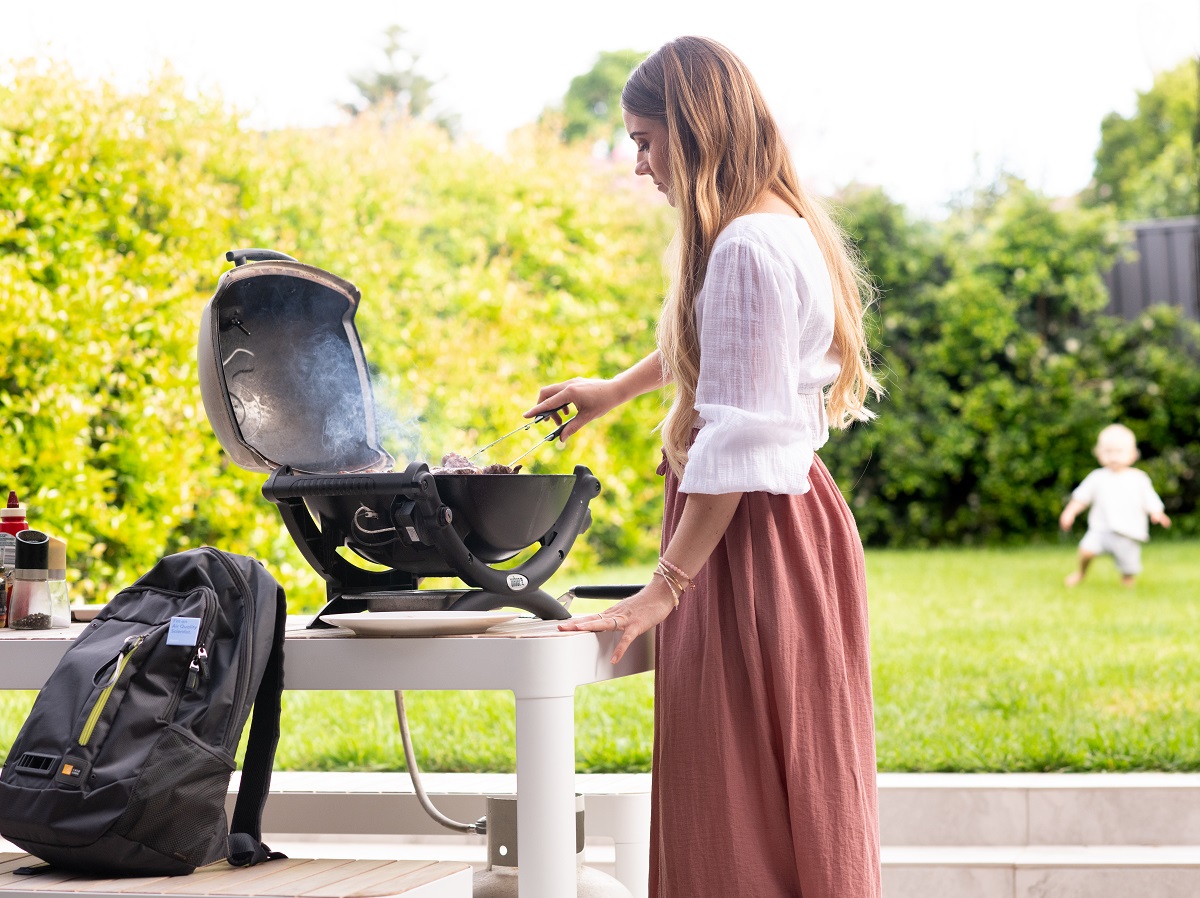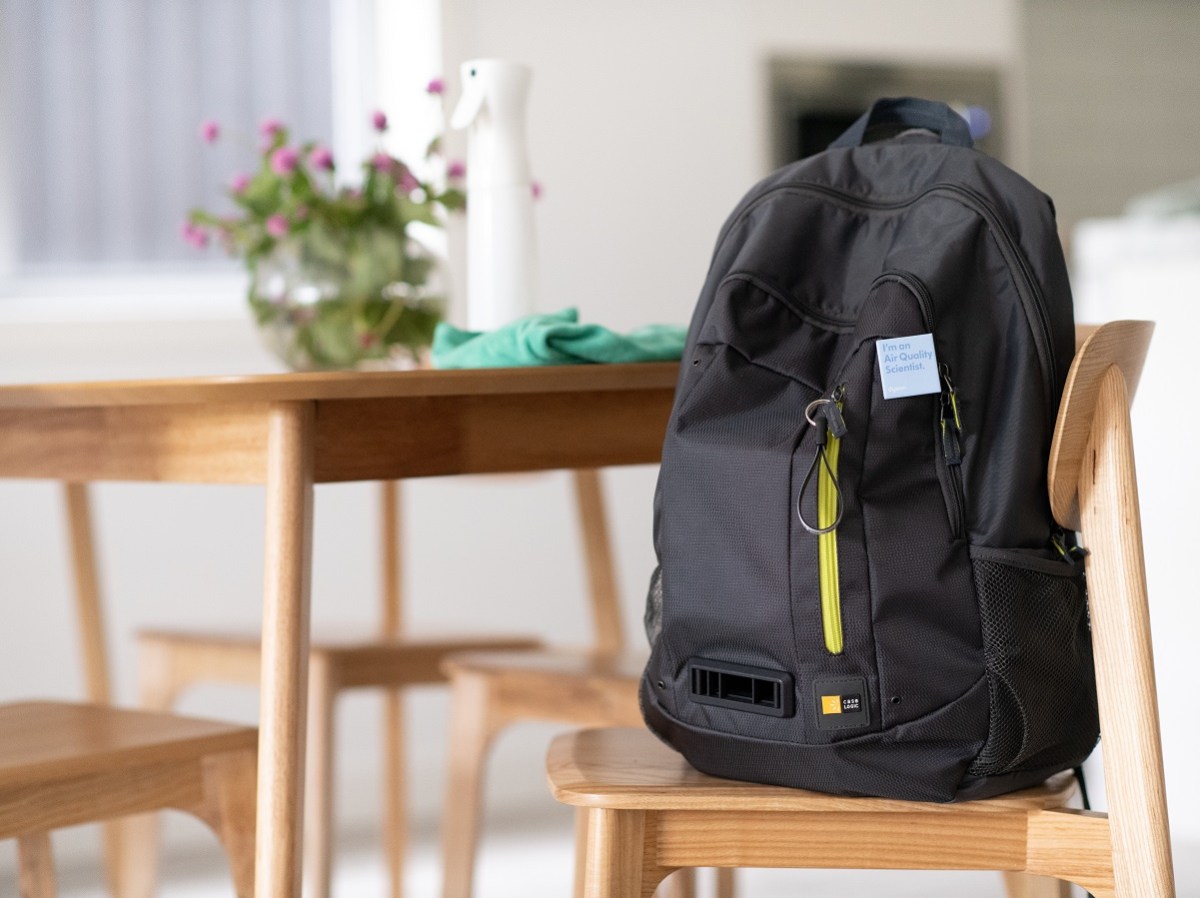Dyson has made a prototype air quality backpack available to influencers and journalists around the world to help the company track air pollution exposure throughout everyday life and in turn, raise awareness about air pollution in cities globally.
The Sydney air quality backpack project is part of a sustained effort by Dyson to enhance awareness about air quality issues in the Australian community and empower people to take control of their indoor air.
Re-working existing sensing technology used in Dyson air purifiers; the backpack is a portable air sensing device which collects air pollution data on the move. With on-board sensors, a battery pack and GPS, this sophisticated technology has been designed to offer insight into personal exposure to air pollution and how to avoid it.
Dyson vice president of environmental care, Alex Knox said, “Our engineers have developed intelligent sensors using knowledge derived from years of experience and research in air cleaning technology. Using our unique algorithm to process detailed reports of air pollution exposure, this innovative technology allows us to monitor air quality indoors, outdoors and on the move. What’s more, it all fits within a backpack.”
Dyson engineers analyse the findings by pairing the air sensor and GPS data from the backpack with diary entries documenting the daily activities of the participant. This allows them to understand what may have caused air pollution events and how the individual might be able to lower their exposure in the future.
The air quality backpack was initially developed by Dyson engineers for the Breath London study with Kings College London and the Greater London Authority. The study involved 258 children across five schools in London, and sought to understand exposure to two pollutants, fine particulate matter (PM2.5) and nitrogen dioxide (NO2), on the school run.

Findings from Sydney Instagram influencer Leah Williams
Leah’s data findings showed an increase in pollution levels during routine activities such as cooking, cleaning, and travelling by car. Data indicated that while overall exposure levels over the two day period using the air quality backpack appear low, pollution events throughout the day caused pollution levels to spike into concentrations that register as ‘high’ on the Dyson purifier pollution scale.
“This project has been interesting to see the spikes in air pollution throughout my family’s daily routine, particularly inside our home. I now realise the importance of adjusting some of our usual behaviours by using a purifier or ventilating when cooking, dusting, and cleaning. It’s so important we all understand the air pollutants that we are breathing in every day to make changes,” she said.
Commenting on Dyson’s project, leading air quality and health expert, Professor Sotiris Vardoulakis, from the Australian National University (ANU) Research School of Population Health said: “We are often exposed to many different types of air pollution, such as heavy traffic pollution and smoke from bushfires.
“The health effects of different air pollutants can depend on the individual. However, certain groups may be particularly sensitive to the effects of air pollutants including young children, pregnant women and the one in nine Australians who suffer from respiratory health conditions such as asthma, hay fever or bronchitis. So, understanding air quality is extremely important to decrease one’s own exposure to pollution.
“Technology advancements in portable air quality monitoring devices is increasing and using these is critical for translating the research findings into better everyday practice to reduce air pollution, both to understand our personal exposure and what we generate as individuals.
“Education around the different types and source of air pollutants will help people adjust their behaviour – by taking actions such as avoiding busy highways, commuting to work differently, increasing ventilation when cooking, using more environmentally friendly cleaning products or using a purifier with a HEPA filter inside the home.”

